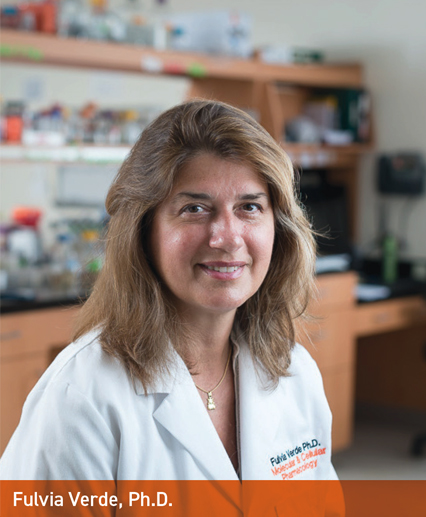
Fulvia Verde, Ph.D., a Sylvester researcher, will soon be sending an array of fission yeast cells on a 60-day space mission. Called Artemis 1, the NASA project will take the yeast and other samples to the moon and back. Dr. Verde’s cells will be joined by four other science payloads aboard the rocket.
Around 4,000 of Dr. Verde’s yeast colonies are being sent into space. Each colony is missing a single gene, giving the team unique opportunities to identify which gene deletions protect the yeast in this hostile environment. These findings might eventually be translated into treatments that protect humans during long space flights.
After the yeast cells return, the researchers will study their response to ionizing radiation and microgravity and hopefully identify protective genes. The goal is to make long human space missions safer.
“The International Space Station is in the upper layer of the atmosphere, so it’s quite protected from ionizing radiation,” said Dr. Verde, who is also an associate professor of molecular and cellular pharmacology. “But then when you go further out, everything is blasted by particles, which can do a lot of cellular damage.”
To pursue this project, Dr. Verde received a grant from the Miller School of Medicine's High Risk/High Reward Funding Opportunity, which supports innovative research that might otherwise be difficult to fund.